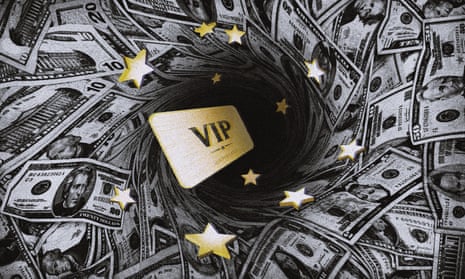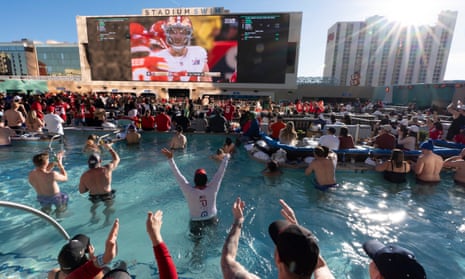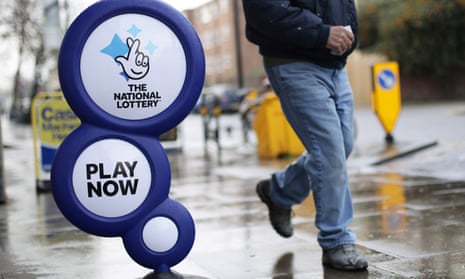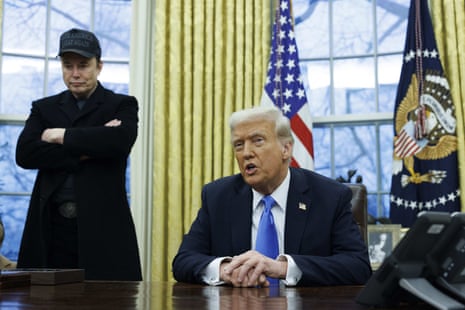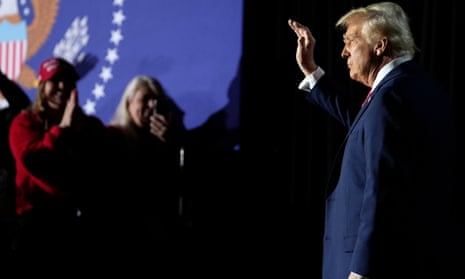Her attorney Matthew Litt, who is representing several people suing gambling operators alleging that the companies and their VIP programs exploited their customers’ gambling issues and encouraged overspending, described the VIP host-player relationship as “quasi intimate”; one of his clients reported they were contacted by a VIP host up to 100 times a day.
Such programs have already faced a regulatory crackdown in some markets, such as the UK, where a report, uncovered in 2020, revealed that VIP customers were more likely to be gambling addicts than regular customers, and found that while VIP users made up small percentages of the customer base, they accounted for a large percentage – in one case, 83% – of the deposits.
BetMGM’s VIP program was “designed to provide VIP customers with a personal elevated experience”, Adam Greenblatt, the CEO of BetMGM, wrote to Blumenthal, “similar to how other rewards programs offered by other industries provide elevated experiences to loyal customers”.
Responding to Blumenthal’s questions about VIP programs, the companies insisted their programs were not designed to get frequent bettors to bet more, and were comparable to loyalty programs in other sectors.
Industry sources often liken the VIP programs to loyalty programs from coffee shops, for example, where customers are offered a free drink after they buy 10.

